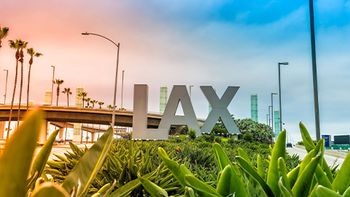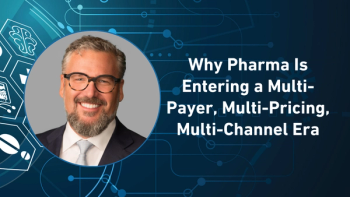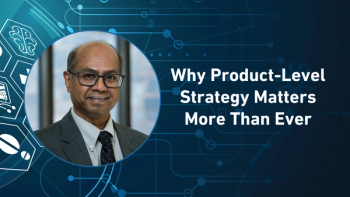
Valeant's business dealings cast a shade on the specialty pharmacy channel
Company claims its relationship with Philidor pharmacy violates no law
On Oct. 26, Valeant management held a highly anticipated investor call to explain the uncertainties surrounding its relationship to a specialty pharmacy, Philidor, which operates across most of the nation, and mostly on behalf of Valeant alone (at least regarding specialty dispensing). Valeant has been making headlines regularly for the past several weeks, most recently after a
In the conference call, Valeant was at pains to explain that its Philidor dealings are a relatively insignificant part of the company’s overall revenues, representing 6.8% of Valeant revenue in Q32015. It also claims that “Prescriptions through Philidor are less profitable than traditional channels due to lower copay rates, lower cash pay rates and more cash pay scripts in Philidor than in retail and other channels.”
On the question as to whether Valeant actually owns Philidor, the company says that it entered into an option to buy the company in late 2014, and has paid Philidor $33 million after meeting certain milestones. This arrangement was not disclosed publicly because, the company says, generally accepted accounting principles require disclosure for acquisitions of greater than 10% of the revenue of the acquirer, and Philidor has been and remains well under that threshold.
Another set of questions have arisen regarding Philidor’s possible acquisition of two pharmacies in California which came about because Philidor has been unable to obtain a license to dispense in that state. There is litigation between a Valeant business unit and the Calfornia pharmacy over what Valeant says is a “collection action.” Nevertheless, the Philidor relationship is now being reviewed by an ad hoc management committee of the Valeant board and, going forward, the company might “exercise our option and acquire Philidor,” or “sever ties and move to one or more new third-party specialty pharmacies.”
Valeant probably hasn’t endeared itself to other pharma manufacturers by pointing out that it is not alone in having a close relationship with a specialty pharmacy, citing Pharmacy Solutions, a company owned by AbbVie, and also pointing out that Allergan, Galderma and PharmaDerm, a subsidiary of Novartis, use specialty pharmacies for their dermatology products. (It was a bit of a surprise that on the day that the Valeant-Philodor news broke, Allergan and some other manufacturers were quick to issue news releases that their specialty-pharmacy relationships were known and noncontroversial.) There are, of course, many other pharmas, and many other specialty products, dispensed through specialty pharmacies—it has been a dynamic growth area in retail pharmacy for years.
Specialty channel
A practice that has been questioned at various times, and which is engendering conflict among pharmaceutical distribution channels, is the practice of limited or exclusive distribution agreements, either with a few specialty pharmacies, or with a few specialty distributors that in turn work with a restricted number of pharmacies. Such arrangements are legal; in Valeant’s case, the company says that “The strategy is designed to improve patients’ access to medications at an affordable price, and to help ensure doctors are able to prescribe the medications they believe are most appropriate for their patients.” There are also cases where, because a risk evaluation and mitigation strategy (REMS) is in place, FDA essentially mandates that only certain pharmacies can dispense a product to patients. In other cases, manufacturers use their limited distribution arrangements to exert more control over how a drug is dispensed: managed care systems, for example, have complained about
Overall, specialty pharmacy has arisen out of serving
Valeant's stock closed on the day down 5.27%.
Newsletter
Stay ahead in the life sciences industry with Pharmaceutical Commerce, the latest news, trends, and strategies in drug distribution, commercialization, and market access.




